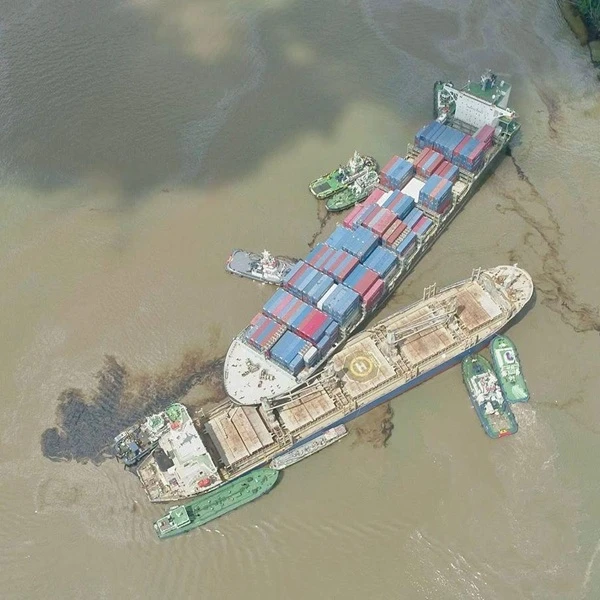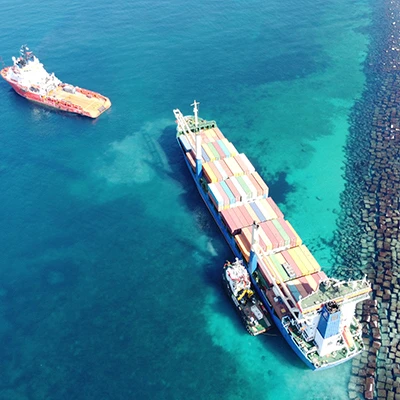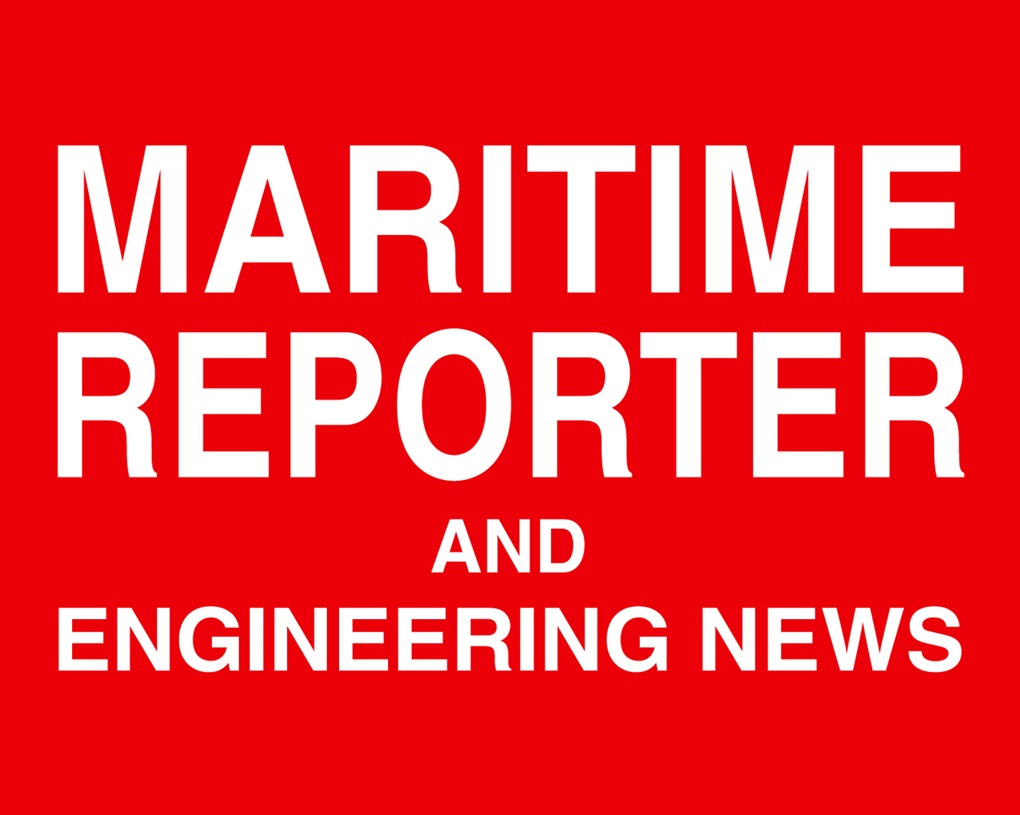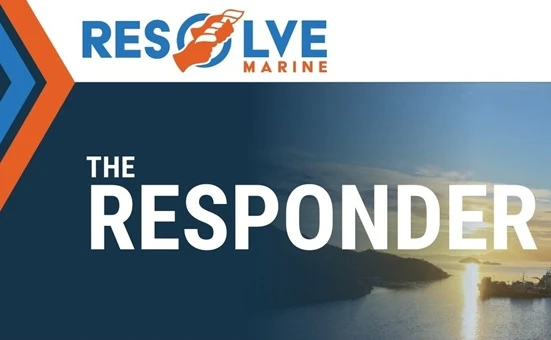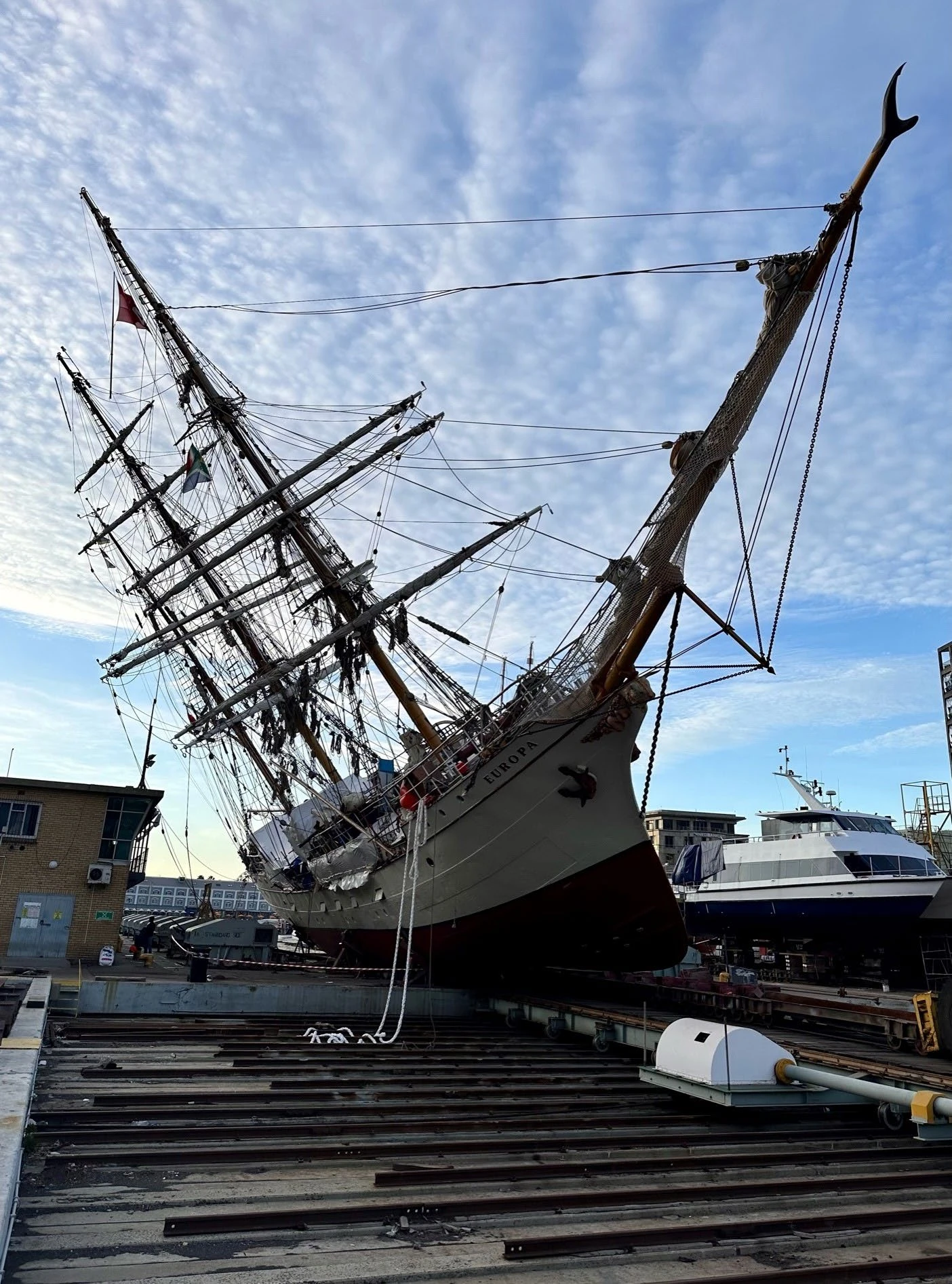
CASE STUDY: Nurdle Spill and Beach Cleanup in South Africa
Durban Harbor, South Africa | South Africa
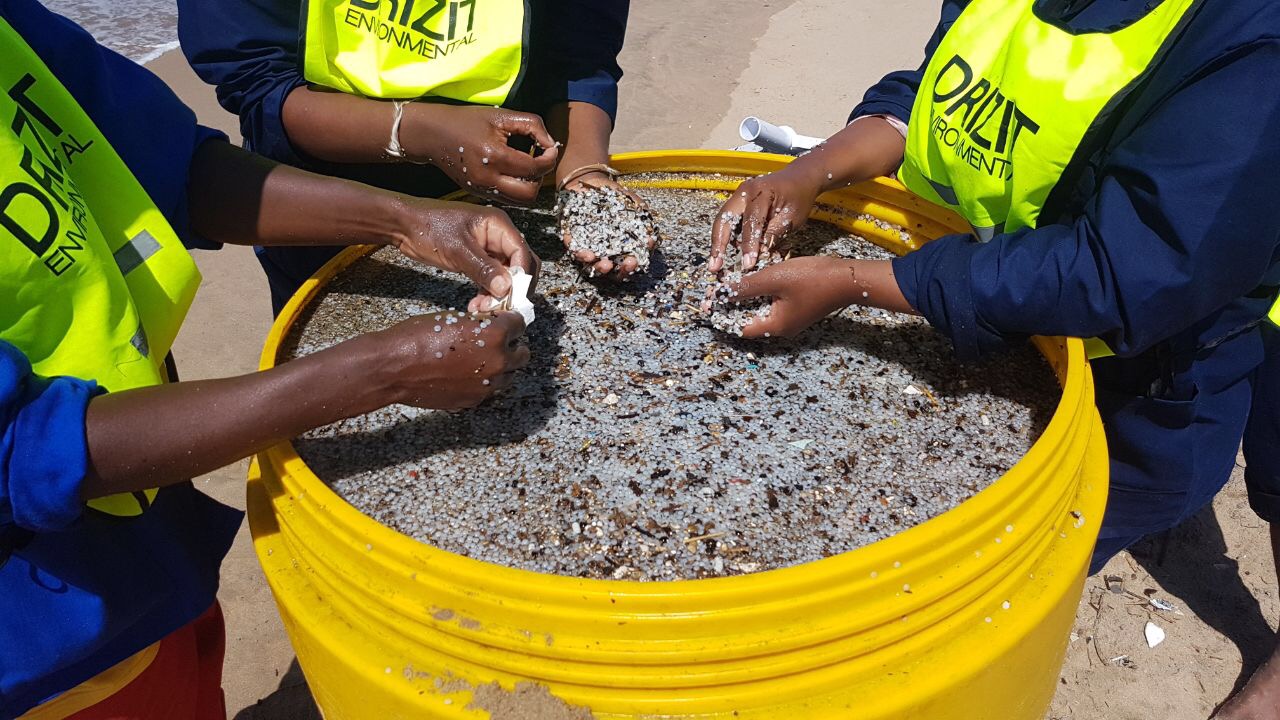
Approximately five millimeters in diameter, the beads are raw material for most plastic products manufactured worldwide. In a 2021 article, The Guardian called nurdles “the worst toxic waste you’ve probably never hear of.” The pellets, which partially float, get into marine life food chain with deadly consequences.
For this operation, Resolve Marine was contracted to act as advisors during cleanup operations, providing guidance, technical support, methodology, coordinate with the local coast-state marine and environmental authorities, and oversee hazardous material beach cleaning teams.
The project initially focused on bead pollution in the Durban Harbor and Durban beachfront areas. Beach inspection protocols were undertaken along with storm drift analysis, ROV techniques, and aerial surveillance. The project then expanded by more than 1,500 kilometers: north to the border with Mozambique and south to Cape Town.
Using mechanical techniques developed by Resolve Marine engineers and local workers and volunteers, over two billion nurdles were removed from beaches, harbors and lagoons and properly disposed.

